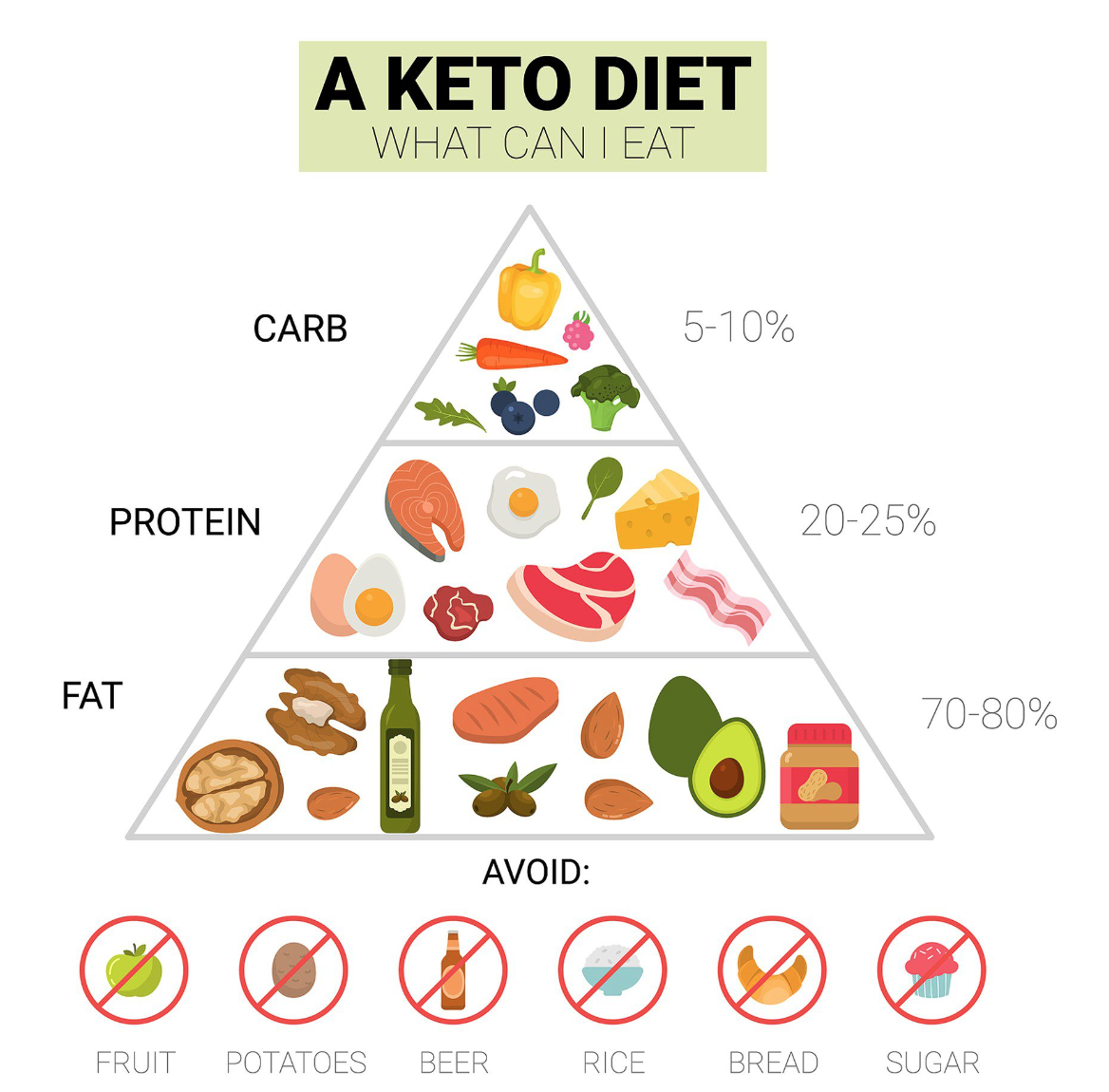October 26, 2021
Can your new Keto diet affect your hair? The ketogenic diet (commonly known as keto) may help you to maintain a slim shape. But this popular eating plan can also contribute to hair loss. If you’re thinking about going keto, or recently started this diet, take a look at what you need to know about nutrition and your hair’s health.
What Is the Keto Diet?
Before you can understand how a ketogenic diet impacts your hair, you need to know what this way of eating includes. If you’re already on the keto diet, you know what types of foods you can and can’t eat. But if you’re still exploring your diet options, you may need more information on what keto is—and isn’t.
A keto diet is low in in carbohydrates and high in fat. Carbs are sugars, starches, and fibers. Carb-containing foods include a variety of healthy and not-so-healthy options. Healthy carbs, such as unprocessed whole grains, fruits, vegetables, and beans, are filled with beneficial vitamins, minerals, and phytonutrients. Unhealthy carbs, such as white bread or processed baked goods, are packed with sugar.
Keto eating reduces these sugars, starches, and fibers, and replaces them with fats. This puts your body into ketosis, a metabolic state that forces your body to burn fat for energy. This can reduce blood sugar and insulin levels and increase weight loss.
Along with limiting carbs, keto eaters need to moderate protein intake. Even though these diets may seem heavy on meats and other similar sources, high amounts of protein can slow ketosis and limit the effects of the diet.
How Does Keto Eating Impact Your Hair?
This diet obviously affects your waistline and pant size. But how can it impact your hair? Even though the shampoo you wash with, the conditioner you use for moisture, and the serums that help to reduce heat damage or breakage can give you a shiny head of hair, your tresses also need help from inside.
Protein, some types of fats, and some vitamins and minerals (such as vitamin A, B6, B12, C, and iron) can help hair to grow and remain healthy. If you’re not careful on a keto diet, the way you eat can throw your system off-balance and lead to protein, vitamin, or mineral deficiencies. These deficiencies can slow hair growth and eventually lead to hair loss.
While dietary restrictions (such as protein intake moderation) can contribute to hair loss, rapid keto-related weight loss can also cause problems. Keto diets can result in quick weight loss. Even though this may seem desirable, the extreme physical change can put stress on your body — resulting in hair loss.
This type of stress-related hair loss may not happen immediately after you start eating keto or lose weight. Instead, you may notice more hair on your brush or in the shower drain months after you start your new diet. Stress can force your hair out of the growing phase and into a resting state. The result is increased shedding and decreased hair replacement.
How Can You Save Your Hair From Keto-Related Loss?
Can you eat a keto diet and have healthy hair? Simply stated — yes. But it may take some work. To maintain a healthy head of hair, you need to carefully balance your diet and maintain at least minimum necessary levels of protein, vitamins, and minerals. A doctor, nutritionist, or other medical provider can help you to understand what healthy keto heating is and isn’t.
If you have concerns about hair loss or you’ve already experienced excess shedding, you’ll need to change the way you eat. This may include adding more protein to your diet or introducing vitamins and minerals you’re currently missing.
Do you have diet-related hair thinning or loss? Contact Phyllotex for more information.
Share This Post :


 844-749-5568
844-749-5568

